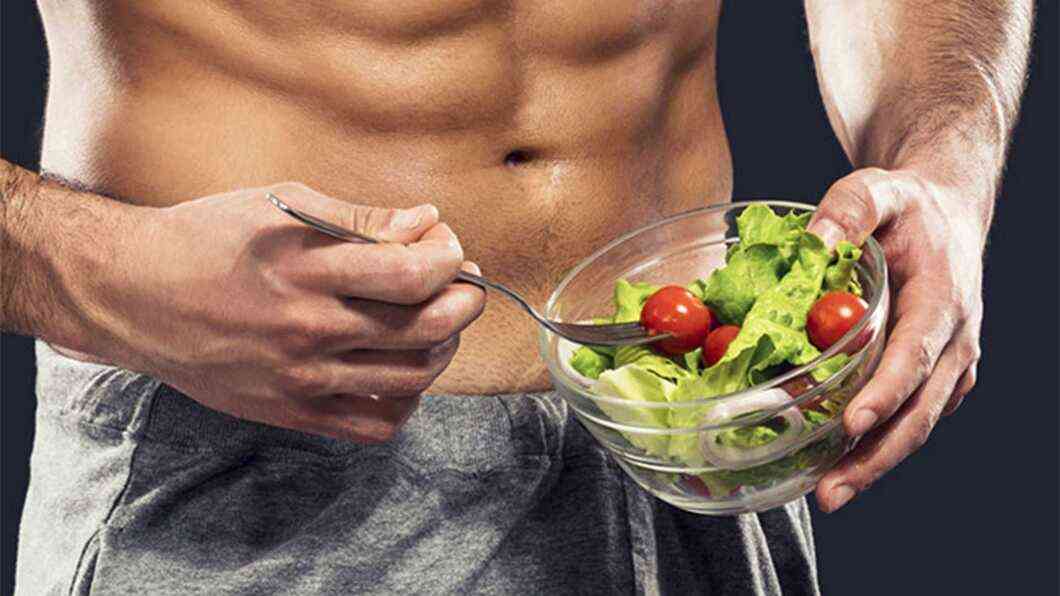
Your doctor might have made specific recommendations about foods that you should avoid. However, there are still a few things you can do to prevent high blood pressure from becoming an issue. Limit your intake of processed foods, fatty cuts, and other unhealthy foods. Keep a list of your medications on hand. This will help you avoid forgetting to take your medications. You should always have a list with all of your medicines on hand so you are able to quickly refer to it.
For those with high blood pressure, Dr. Desai recommends doing as much exercise as possible. Some of the best options include walking, running, swimming, using an elliptical machine, or playing tennis. Salt is the greatest enemy of high bloodpressure. Too much salt increases the volume of fluid in the blood and raises the pressure in the arteries. Avoid salty foods.

A healthy diet is second. A good diet is full of fruits and vegetables, which are low in saturated fat and high in fiber. You can also take vitamins, minerals and whey proteins to lower your blood pressure. Reduce your intake sugary beverages and alcohol. Avoiding these foods will lower your chance of developing high bloodpressure.
Third, you should cut down on the amount of salt and saturated fat you eat. Processed foods are often high in sodium and sugar so it is important to reduce your salt intake. You should eat more fruits and vegetables. This will lower your blood pressure. You can also limit your alcohol consumption. It is important to avoid alcohol when you're suffering from high blood pressure. This is especially important for people over 60 years of age who have been drinking regularly for many years.
As long as you're following the above tips, you'll be on the right track towards a healthier heart. These tips can help you keep your blood pressure healthy and make you feel happier. These tips will be very helpful to you as well as your doctor. Your journey to a healthier lifestyle will begin once you learn how to lower your blood pressure. Once you find the right balance in your life, you can enjoy it and make the most of it.

You should also limit the amount of alcohol you consume. Drinking moderate amounts of alcohol is important to lower your risk of high bloodpressure. A standard beverage has 14 grams of alcohol. You can also avoid sodium-rich foods. Low-sodium diets are a great way of maintaining normal blood pressure. Reduce salt intake in your daily meals.
FAQ
Do I have to exercise every single day?
No! At least 30 minutes moderate-intensity exercise five days per week is a good goal. This means that you should be able to walk fast enough to feel slightly out of breath, or bike hard enough to sweat.
Which workout is best for men?
It depends on what you're looking for. Cardio workouts can help you lose weight faster than strength training.
Strength training, on the other hand, is better if you are looking to increase muscle mass.
Both types have been proven to have benefits for your overall well-being.
If you're looking for a quick way to get fit, I recommend HIIT/sprint interval training. This type of training can help you lose fat quickly and increase your metabolism. It will also help you stay motivated to train even when your body is tired.
How to Build Muscles Fast
Eating healthy foods and lifting weights regularly is the best way to build muscle fast.
The best time to work out is early morning when you are fresh and ready for action!
Do push-ups, bench presses, squats, and other exercises.
Consider trying different weight training programs and drinking plenty of water throughout each day.
Statistics
- According to the American Heart Association, blood pressure should be checked at least once every two years, beginning at age 20. (my.clevelandclinic.org)
- According to the American Academy of Dermatology (AAD), men over 50 are at a heightened risk of developing it. (healthline.com)
- The PRS enabled risk stratification for overall prostate cancer and lethal disease with a four-fold difference between men in the highest and lowest quartiles (HR, 4.32; 95% confidence interval [CI], 3.16-5.89). (pubmed.ncbi.nlm.nih.gov)
- Candidates and applicants must pass all four tests at 70% (minimum level) to graduate from Basic Deputy U.S. Marshal (BDUSM) Training. (usmarshals.gov)
- An estimated calorie range for moderately active adult males falls between 2,200 to 2,800 calories per day, depending on age. (eatright.org)
External Links
How To
How can I burn fat and exercise?
Exercise can help you burn calories and increase your metabolism.
You'll lose weight safely if you exercise at moderate intensity.
To burn fat while exercising, follow these tips:
-
Cardio exercises can include running, walking, swimming or cycling.
-
Exercise for 30 minutes three times per week.
-
You can add strength training into your exercise routine if you're looking to lose even more weight.
-
Avoid intense exercise. It's possible to build muscle, but not lose it.
-
Keep hydrated during exercise. Water is essential for flushing out toxins and keeping your body hydrated.
-
After working out, drink low-fat protein shakes. Protein shakes repair muscles and increase energy.
-
Take smaller meals throughout each day to avoid feeling hungry.
-
Don't skip breakfast! Skipping breakfast can cause you to feel tired and sluggish.
-
Take care of your mind. Stressful situations can slow your metabolism.
-
Keep a positive attitude. Studies show that people who believe they are overweight gain more weight then those who think they are attractive.
-
Sleep enough. It is harder to lose fat if you don't get enough sleep.
-
Be active. Make sure you get up and move every hour.
-
Maintain a healthy diet. Eat right to feel satisfied and full for longer.
-
Relaxation is possible by finding ways to relax. A tense mind doesn't allow your body to release stress hormones that break down muscle tissue.
A balanced diet provides all the nutrients necessary for growth and development.
Eat six small meals each day instead of three large ones. This allows your body to properly digest what you have eaten.
Calcium is required to support strong bones. Calcium can also be found in milk products, yogurt, fortified Soy beverages, orange Juice, cereals and bread.
Calcium is found in leafy vegetables, beans and tofu, as well nuts, seeds and cheese.
Vitamin D is required for calcium absorption. Vitamin D can also be found in some fortified foods such as eggs, fish, and yolk.
Vitamin E plays an important role in skin health. Vitamin E is found in vegetable oils and wheat germ oil, as well as peanuts, almonds and sunflower seeds.
Your body requires zinc to function normally and for wound healing. Zinc can be found in seafood, legumes and meats.
Zinc deficiency may cause fatigue, loss appetite, depression, and impaired immunity.
Too much sugar leads to insulin resistance. This results in higher blood glucose levels. Insulin resistance is linked to weight gain.
Insulin resistance occurs when the bloodstream is full of free radicals. Free radicals can be molecules with unpaired electrons that cause damage to cell membranes.
Food additives, pesticides and herbicides, as well as preservatives, smoking and radiation are all sources of free radicals.
Free radicals can lead to cancer and heart disease, diabetes mellitus, arthritis, asthma, and premature aging.
To prevent free radical damage, eat a healthy diet rich in antioxidants. Antioxidants protect against oxidative damage.
Vitamin C can be found in citrus fruits. Beta carotene can be found in carrots. Sweet potatoes. Tomatoes. Carrots. Sweet potatoes. Spinach. Broccoli. Cantaloupe. Vitamin E is found in nuts. Olive oil, avocados.
Selenium, copper and manganese are all antioxidant nutrients.
Selenium helps to protect cells against free radicals and oxidative stress. Selenium can also be found in Brazil nuts (tuna), liver, kidneys and shrimp.
Copper protects the brain and eyes as well as the lungs and red blood cells. Copper is also found in poultry, meat, and organs.
Manganese plays an important role in bone structure. Manganese can be found in brown rice and spinach as well as bananas, prunes raisins, oatmeal, lentils, and oatmeal.
Zinc helps with normal growth, reproduction, as well as wound healing. Zn can be found in lean cuts, white fish, poultry, eggs, and other foods.